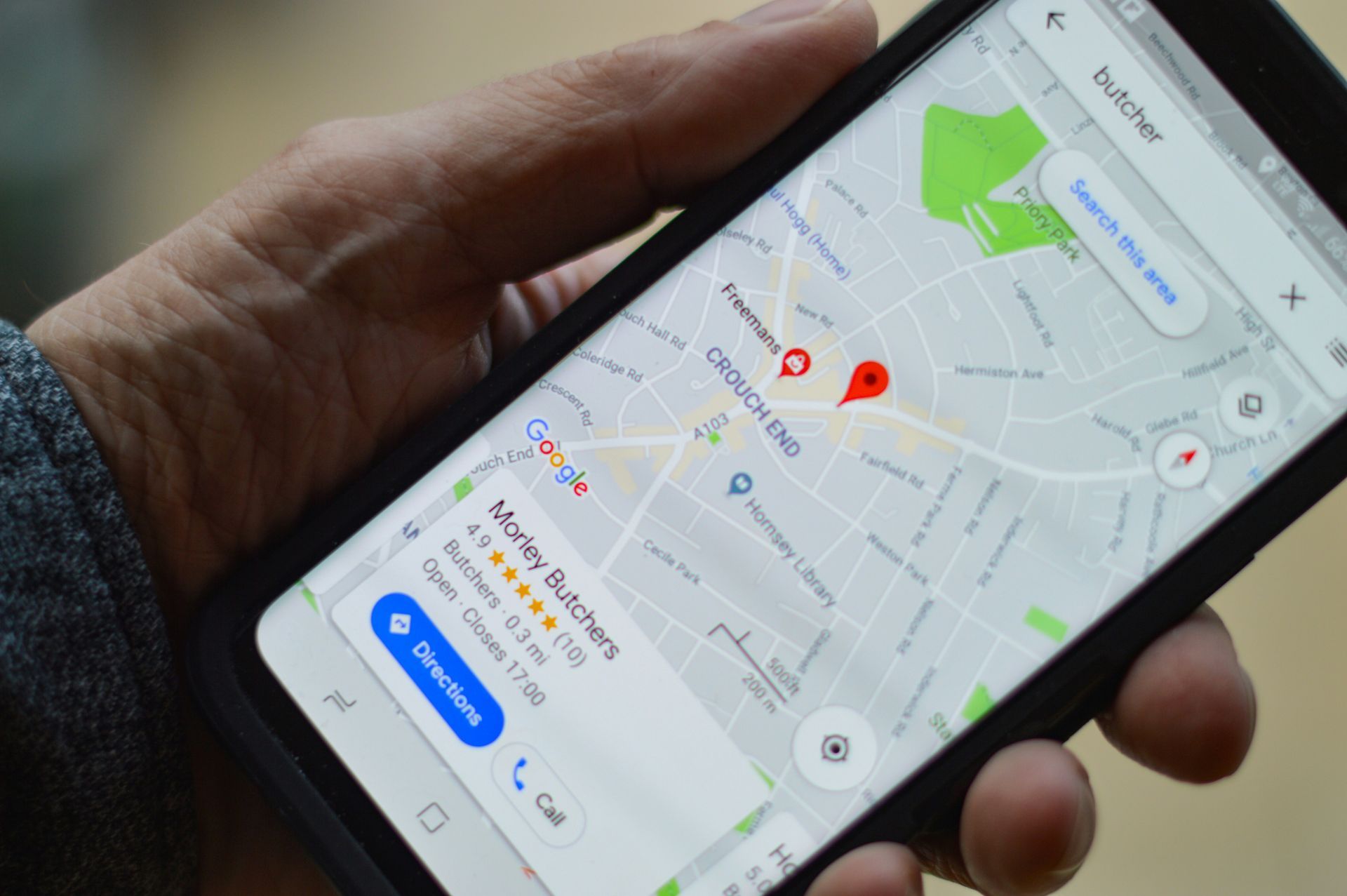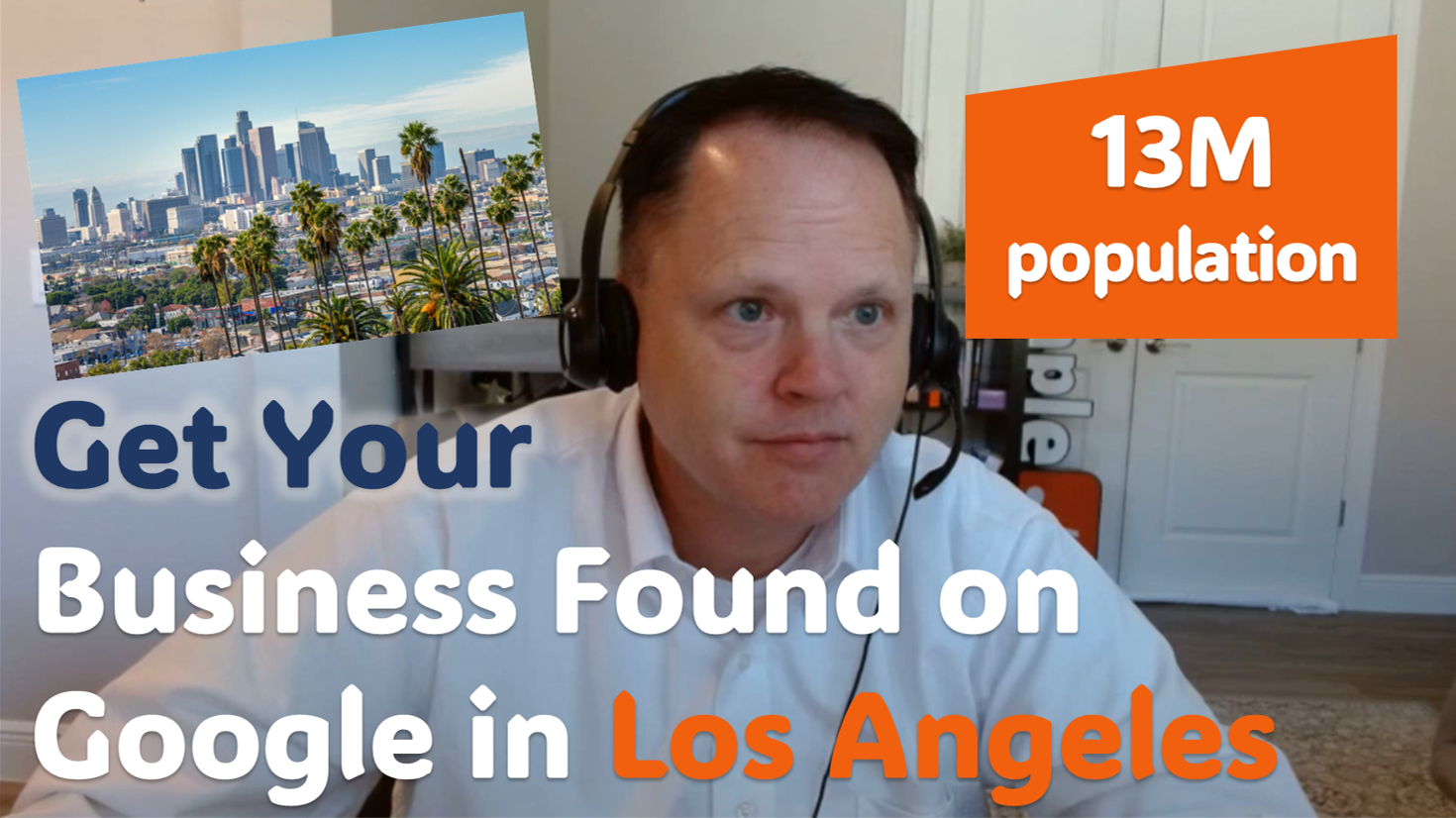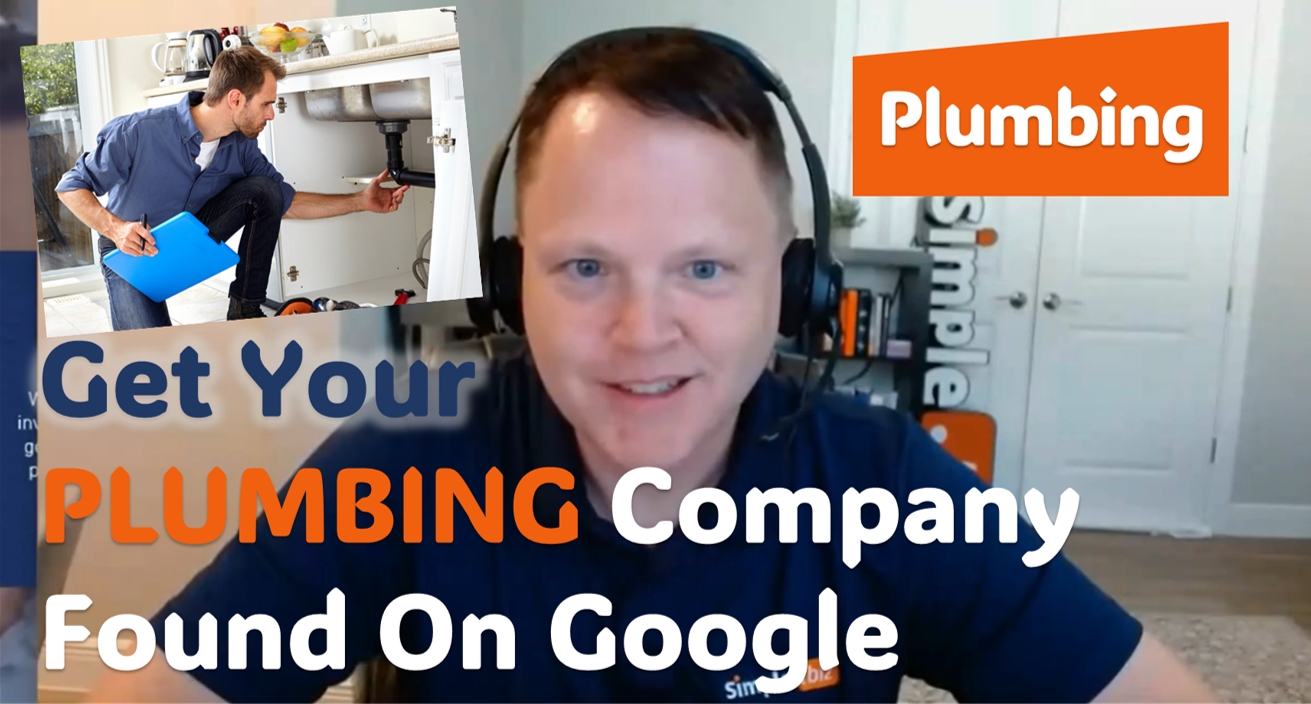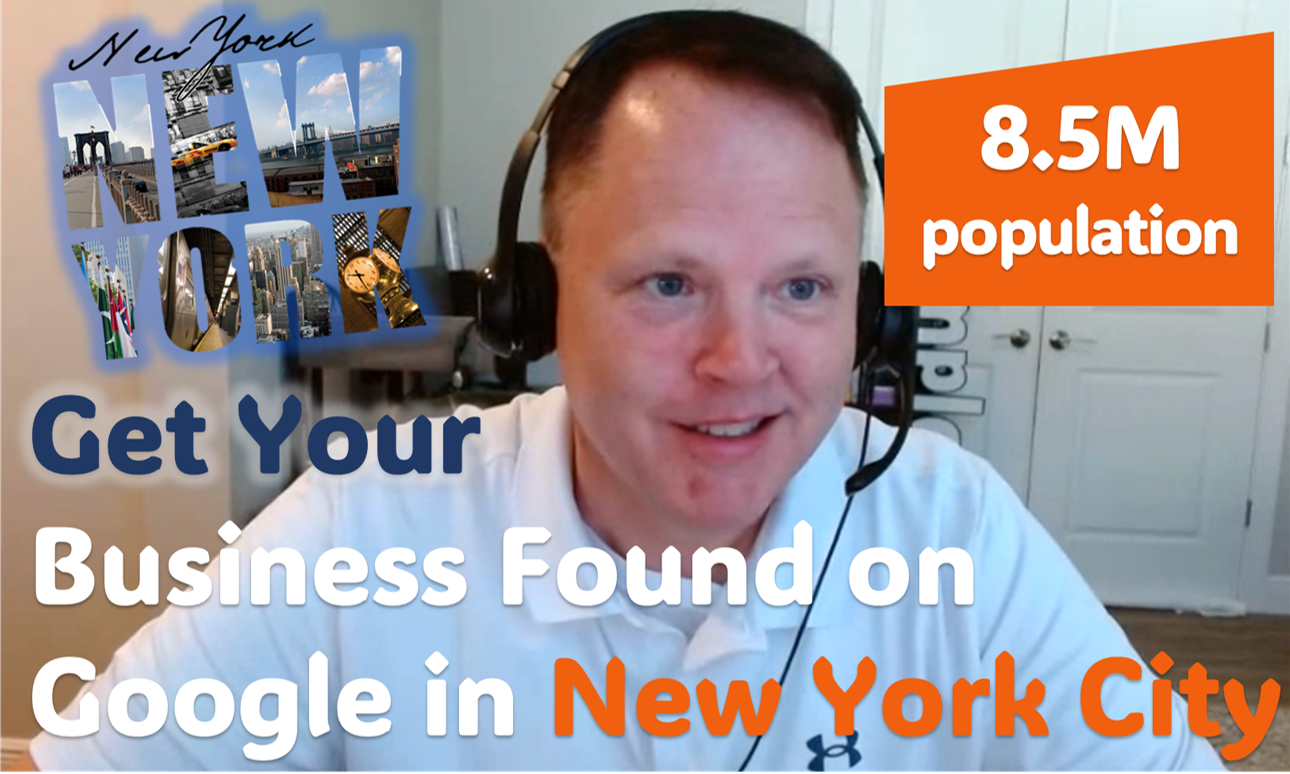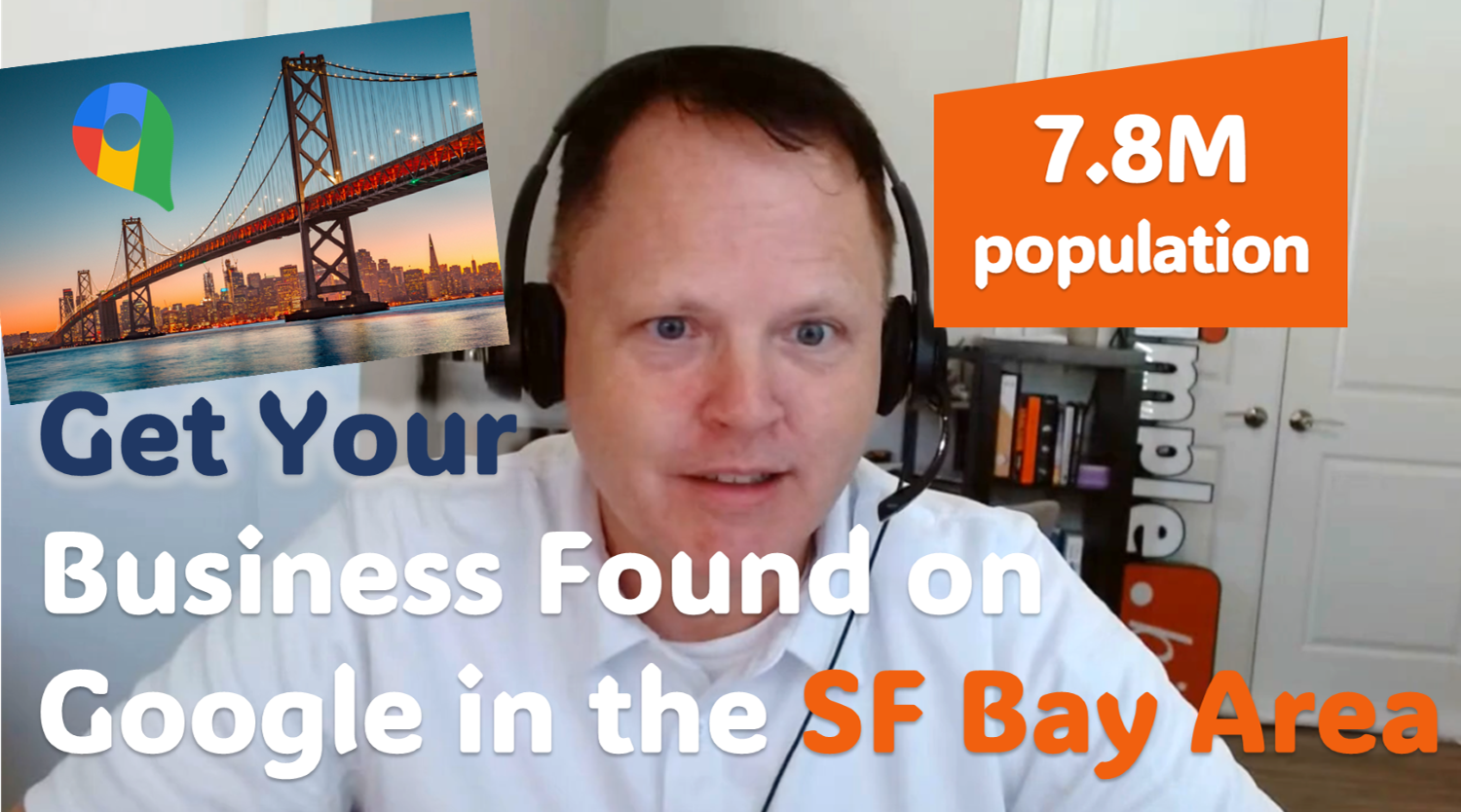The 6 Must-Know Facts About Google Search Rankings
Getting Google Search Rankings Right
If you are number one on Google, you can set your marketing budget at nothing. You won't have to spend a thing and you'll be as busy as a bee. If your website doesn't appear in Google, you'll be up against insurmountable obstacles. You already know that Google has the power to make or break your company.
I've created more than 3,000 websites in my capacity as a web designer. My websites appear on the first page of the Google results in thousands of searches. Our daily analytics demonstrate fresh searches for which my clients appear on the first page. Among the 600 web design firms assessed by Sitejabber, I am among the top 10 in the country. So allow me to offer you six pieces of advice.

ONE: A New Website Rarely Starts Out at #1
A few years back, I received a bizarre phone call from a man in Ronkonkoma, New York, who announced that he was starting an axe-throwing business. I was certain he was playing a practical joke on me because of his loud voice and thick Suffolk County accent. It took considerable persuasion for me to accept that this obnoxious New Yorker wanted to start "Molly Hatchet's Axe Throwing" at MacArthur Airport.
Axe throwing is something I'd never heard of. It felt ridiculous how he described the "sport." Who would be willing to pay money to hurl axes at wooden targets? Who would travel to Ronkonkoma to carry it out? Is that not risky?
His new website was created three weeks later by me. As soon as it was up on Google, it immediately topped the search results for "Axe Throwing Long Island." I set prepared his Google Maps listing, so he appeared twice in the SERP (search engine results page).
The location was crowded. He contacted me every day to cancel bookings until I showed his assistant how to do it on her own. He had a full schedule.
Can I also do it for your company? Will Google rank your new website #1 when it launches? Most likely not.
On Long Island, there are currently less than a dozen places where axes are thrown. Their intended search terms face little competition (keywords). On Long Island, there are tens of thousands of contractors, electricians, and plumbers (and a lot more money is spent on those services), but only ten of these results appear on the first page of Google results for any given phrase.
I create a lot more websites for tradespeople and contractors than I do for axe-throwing establishments. (Molly Hatchets is the only one I've constructed, in actuality.)
While there is significantly more search volume than there is for "axe throwing," most keywords are subject to much greater competition. The typical person looks for an HVAC technician a lot more times throughout their lifetime than searching for "axe throwing".
The issue is that no matter how much search traffic there is, if you aren't on the first page of the search results, you won't hear your phone ring.
But every contractor on the first page is familiar with the term "meal ticket." Being consistently busy is necessary to get an organic ranking on page one.
Ranking for popular, very competitive local keywords (such as "contractor," "mobile detailing," "electrician," "pressure washing," and "therapist," for example) will take 3 to 6 months or longer compared to my almost instant ranking for "axe throwing." However, it's worthwhile because there is substantial and consistent traffic from those search phrases.
You won't ever get to take advantage of the advantages of having a front-page website if you give up 30 or 60 days after your site goes up (the most typical time to cancel a new website).
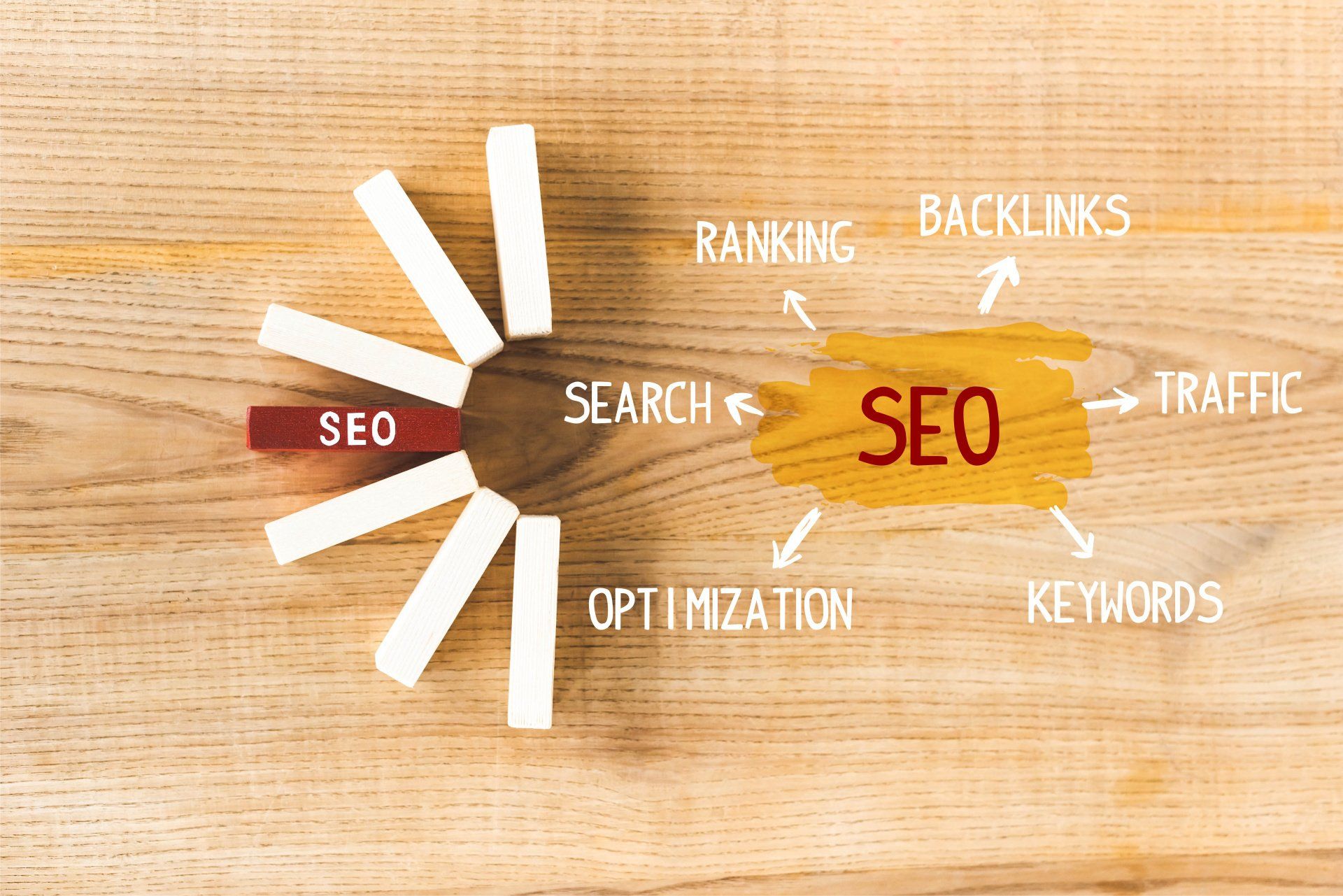
TWO: A Website Needs "Good Bones."
Regardless of how long you give it, a poor website will never rank. Before any website goes online, the following must be in place:
- Create a landing page for each target area or keyword.
- On each landing page, use more than 800 to 1,000 words of original material.
- Not phrase fragments or word lists, but whole sentences should make up the majority of your work.
- Keep your keywords in mind. Utilize a keyword density of about 2% (20 times per 1,000 words) and a comprehensive vocabulary of associated jargon.
- Include contextual backlinks to reliable, associated websites (at least 5 on each page). Locate pertinent.org,.edu, and.gov websites to use as references.
- Embed a video with the term in the title.
- Make sure your metatags are neat and include the term and location in the <Title> tag.
- On each landing page, use clear slugs that coincide with the target term. (www.example.com/axe-throwing-long-island-ny)
- A single H1 tag should include the keyword exactly, followed by a few H2 tags having keyword variations, and so on, until your H5 tags are used on unrelated titles (such as "Order Now!").
- Check your writing for grammar, punctuation, and spelling errors.
- Include a single place or address per page in the viewable content (not only the metatags) (for local search terms). For a local search query, you won't appear at all if Google is unaware of your intended location. (A whole address is not necessary. Long Island or Ronkonkoma, New York, will do.)
- Verify that all of your links are active.
The combination of these factors is known as "on-page SEO," and it means more than anything else you can do to push your website to the top of Google.
A successful racing car driver would claim that his on-track prowess is what got him the win, and that's true, so it's significant. However, if his automobile had not been initially constructed correctly, he would not have had any chance at all. Before the starter gun even fires, races are already decided.
THREE: Evaluate Your Situation in 30 to 60 Days.
New clients typically start to worry why their phone isn't ringing after a few weeks. To see where they rank in the search results, they might conduct a search using their keywords. This is where annoyance may begin. But let me tell you when it's appropriate to start fretting:
I utilize Google Console to link a finished site to Google search results once I'm done with it. It is known as "indexing" the website. In my experience, Google acts as though they are unaware of the website for 30 to 60 days after it is submitted. The site won't rank for anything during this time, not even the client's own name. (Of course, if you are utilizing an existing domain, it will already rank.)
When should you start worrying about your keyword rankings? When someone searches for you by name, you arrive first. (Obviously, this does not apply if your company is called "Glendale Electrician" and you are attempting to rank for the keyword "electrician" in Glendale, California. Your keyword is your name. Not a problem, but it invalidates this test.)

If the name of your company is "Mary Jane's Excavators" or "Happy Harry's Mobile Bartending" (or something else distinctive), you'll know when Google has properly indexed your website when you appear at the top of search results for that term. However, you might also discover that your website is not yet at the top of searches like "Excavators Overland Park KS" or "Mobile Bartending Chicago IL." And for the time being, that's okay.
Your website should currently appear between positions #21 and #100 in the search results if it was constructed properly (page 3 to page 10 on Google). Your phone won't start ringing just yet, and this won't bring you any traffic. But it's a wonderful place to start if you want to establish a long-lasting front-page ranking. It's time to start overtaking other vehicles now that you're in the race.
Four: Focus on fixing the simple issues.
We may begin to make modifications to gradually move up in the rankings once my site is indexed and I'm in the first 100 results on Google. If I make numerous modifications, the website's position in the SERPs could possibly worsen. Additionally, if I make a lot of changes at once, I won't know exactly how I messed it up. I therefore intend to change no more than two or three things at once.
- I inspect the website again for fundamental flaws using my "Good Bones" checklist.
- I quickly scan the top three organic results for the keyword search I'm aiming for to gauge my competition. I don't have to create the best website in the world to win the search (which would take thousands of hours). All I have to do is create a landing page that is superior to the ones that currently include my target keywords. Examine the tags and content of your rivals to find inspiration.
- I then do a study of the website using "Ubersuggest," a free app available in the Google Chrome store. Even if the website is flawless, the SEO Analyzer will generate a list of improvements you can make. Since implementing too many modifications at once could effectively result in us starting the process over from scratch, we're only seeking to implement the top 3.
You can conduct a new study and, of course, it will give you a new top 3 once you address the top 3 concerns Ubersuggest highlights. Don't go too far in advance. Do only the top 3 at this time. By impact, they are arranged.

FIVE: Every 30 to 60 days, make 1 to 3 adjustments.
You may gradually improve your search results by checking the SEO results every month or two (and repeating the Fixing the Easy Stuff procedures). You wouldn't be able to determine which modifications are improving or harming your performance if they happened too frequently. Never making any changes will either maintain you where you are or cause you to begin to fall in the rankings.
Every month or so, set a date to concentrate on improving your search ranking. Make a plan of action, carry it through, and then let it sit for another month or two.
Ubersuggest's suggestions can be challenging as you are forced to delve deeper. In an ideal world, you would like to rank without spending a lot of effort or money on off-page SEO. Most of the time, I am able to get my clients' websites to rank without using a single off-page SEO strategy because 99% of my clients are local service providers (or they operate nationally in extremely specific areas). (By constructing many location sites, even statewide queries can be gathered using only basic SEO strategies.)
SIX: when your website ranks first on Google
You halt making changes. You can change your promotional messaging (deals, expiration dates, etc.) and keep developing the depth of your blog posts, but you shouldn't change a site's metatags, keyword density, or slugs if it is the top-ranked site. You can only harm the ranking at this point.



